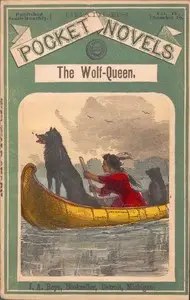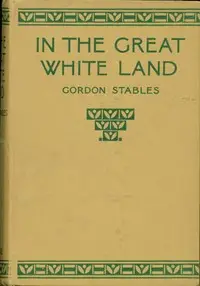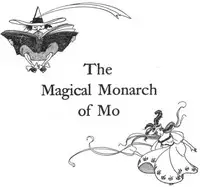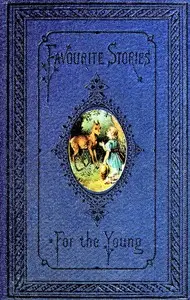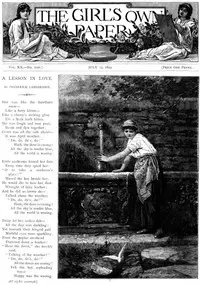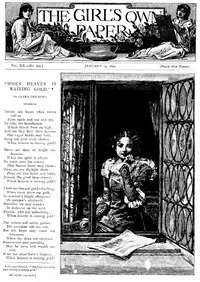"Uncle Robert's Geography" by Francis W. Parker and Nellie Lathrop Helm is an educational children's book that likely dates back to the late 19th century. The text aims to engage young readers in the wonders of nature and the practicalities of farm life while fostering curiosity and a love for learning. The story centers around Uncle Robert, a character who visits his family in the countryside and interacts with three children—Susie, Frank, and Donald—guiding them through experiments and explorations related to the environment, agriculture, and practical applications of scientific principles. At the start of the book, the excitement builds as the family prepares for Uncle Robert's visit. The children are filled with anticipation and delight, eagerly involved in the various preparations for his arrival. Uncle Robert quickly engages them in discussions about their farm, the layout, and ongoing activities such as gardening. The initial chapters, especially "Uncle Robert's Coming" and "Frank Draws a Map of the Farm," emphasize the importance of connecting children’s experiences with educational content. Through their conversations and activities—like creating maps, discussing plant life, and exploring animal husbandry—Uncle Robert introduces the concept of self-directed learning, allowing the children to discover facts and principles through hands-on experience and observation. (This is an automatically generated summary.)

Uncle Robert's Geography (Uncle Robert's Visit, V.3)
By Francis W. (Francis Wayland) Parker
"Uncle Robert's Geography" by Francis W. Parker and Nellie Lathrop Helm is an educational children's book that likely dates back to the late 19th cent...
Francis Wayland Parker was a pioneer of the progressive school movement in the United States. He believed that education should include the complete development of an individual — mental, physical, and moral. John Dewey called him the "father of progressive education." He worked to create curriculum that centered on the whole child and a strong language background. He was against standardization, isolated drill and rote learning. He helped to show that education was not just about cramming information into students' minds, but about teaching students to think for themselves and become independent people.


